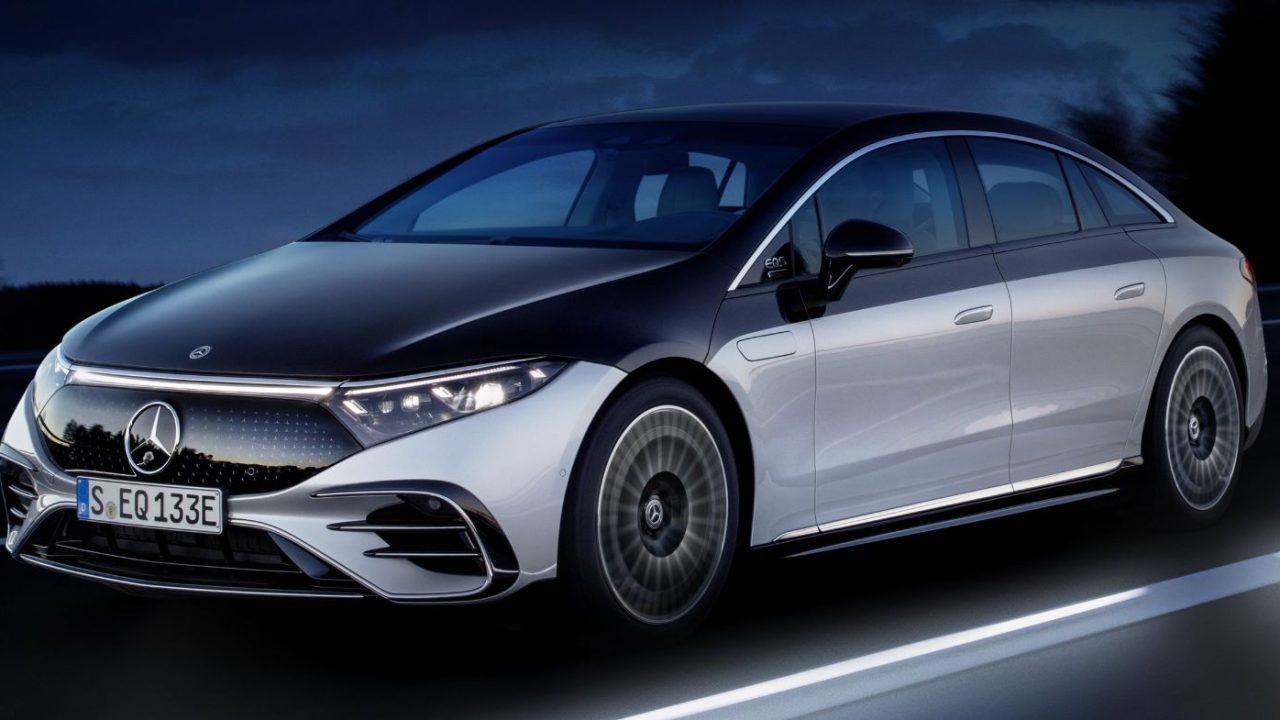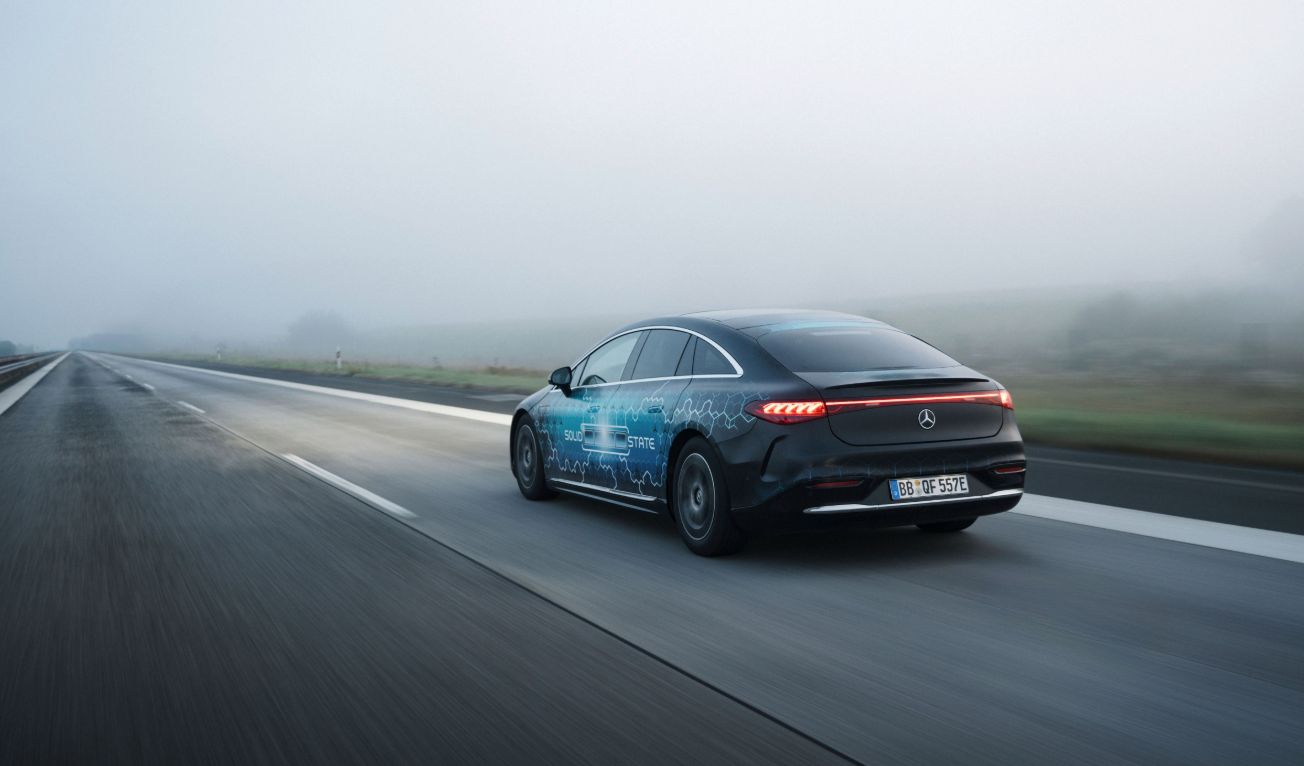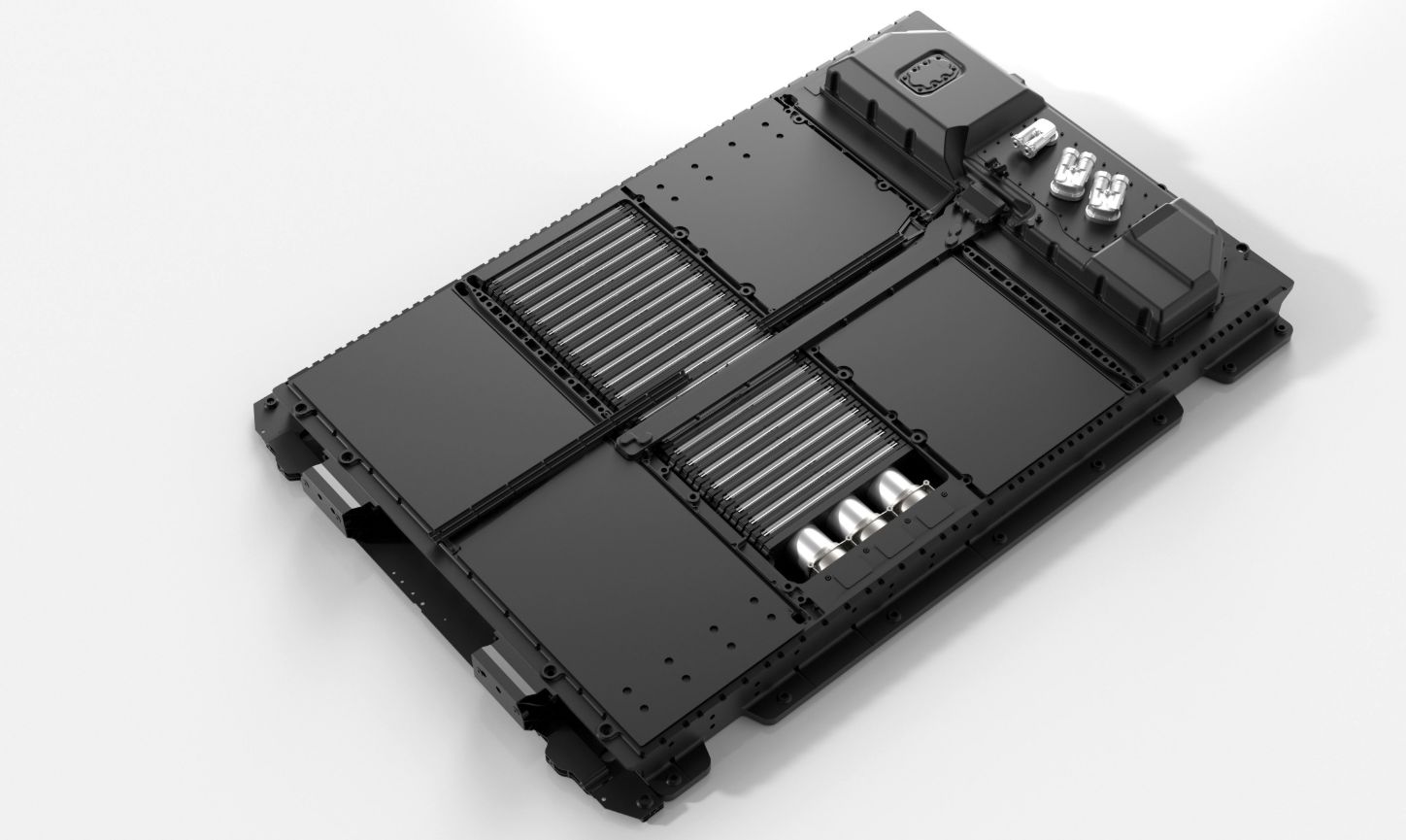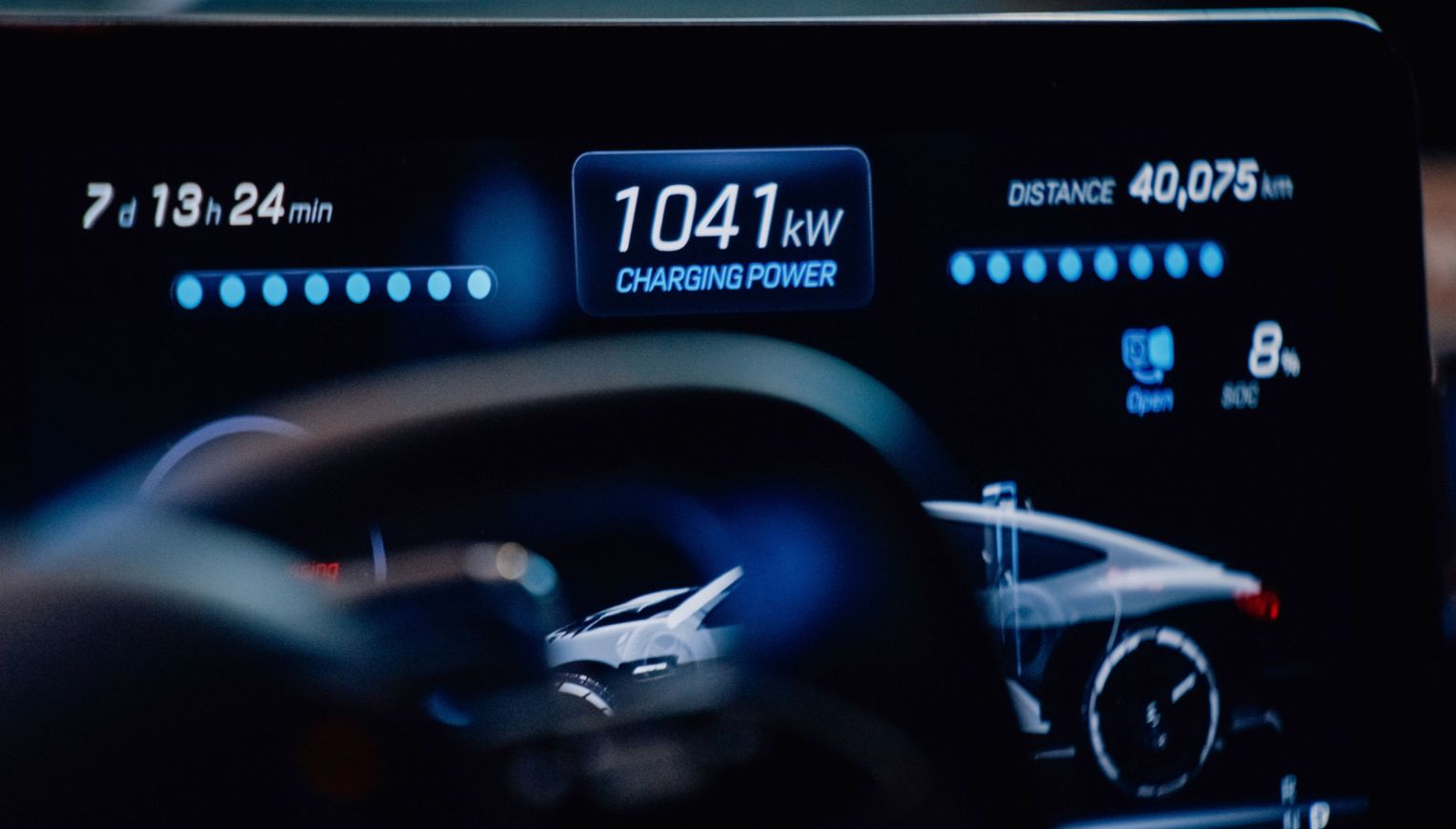Mercedes Tests Solid-State Battery in EQS – 1200 Kilometers Non-Stop

A Mercedes-EQS test vehicle equipped with cutting-edge solid-state battery technology has achieved a remarkable 1205 kilometers (749 miles) without needing a recharge.

(Photo: Mercedes)
Mercedes is aggressively pursuing advancements in both battery technology and charging infrastructure. While 800 kW charging could become a reality as early as next year, the mid-term future holds an even greater leap forward: the solid-state battery. Mercedes is currently testing this transformative technology in the EQS.
Range anxiety remains a significant barrier to wider electric vehicle adoption. Charging still lags significantly behind refueling, but the situation is rapidly improving, with charging times decreasing and energy density increasing.
Solid-state batteries represent the next major advancement in battery technology, and their arrival is drawing closer. While some lament China’s perceived technological lead in the automotive sector, Mercedes is showcasing its own groundbreaking battery technology. In time for the IAA Mobility in Munich, the German automaker completed a test drive with an EQS equipped with a solid-state battery.
Externally, the EQS test vehicle with the solid-state battery is indistinguishable from the production model.

(Photo: Mercedes)
In a real-world test, Mercedes drove the all-electric luxury sedan from Stuttgart to Malmö, Sweden, covering 1205 kilometers without stopping to charge. Mercedes claims a 25% increase in usable energy, suggesting a battery capacity of approximately 150 kWh.
However, it’s important to note that this technology is not ready for immediate mass production. The technology developed by Mercedes in collaboration with Mercedes-AMG High-Performance Powertrains (HPP) – the Formula 1 development division based in Brixworth, UK – is highly complex and requires further research.
Solid-State Batteries Present Manufacturing Challenges
One challenge lies in the change in cell volume during use, both during discharge and charging. This poses significant technical complexities. Mercedes employs pneumatically controlled actuators to maintain pressure equilibrium within the cells. This is crucial to ensure the solid electrolyte maintains consistent contact with the anode and cathode. The solid electrolyte itself is the key innovation, offering significant advantages over current liquid electrolyte batteries. Not only is the energy density considerably higher, but the risk of fire is also reduced due to the non-flammable nature of the solid electrolyte.
The solid-state battery may appear simple on the outside, but sophisticated engineering lies beneath the surface.

(Photo: Mercedes)
Furthermore, solid-state batteries enable significantly faster charging. Lithium ions move more orderly within the solid medium, preventing the formation of dendrites – metallic growths on the anode that occur when ions are not properly integrated during charging. Dendrites pose a short-circuit risk as they can pierce the separator.
Temperature Resistance is Key
Another crucial advantage is the superior temperature resistance of solid-state batteries. Electric vehicle drivers are familiar with the challenges posed by extreme temperatures: low temperatures significantly reduce charging speed and energy storage capacity. This often necessitates infrastructure solutions for heating or cooling conventional batteries. Solid-state batteries offer a solution here, with their stability even at temperatures of 100° Celsius (212° Fahrenheit).
Megawatt charging capabilities will eventually become a reality.
When can we expect to see these revolutionary batteries in mass-produced vehicles? Based on the current testing, a mid-term market launch seems likely. This could mean that the next generation of the Mercedes S-Class could be equipped with solid-state batteries. From there, the technology could cascade down to more affordable models.
However, other manufacturers such as Nissan, Toyota, and Volkswagen are also researching solid-state batteries, as are numerous Chinese companies. Significant efforts are underway to simplify the technology, including finding alternatives to the complex pneumatic pressure equalization system. Materials science advancements and modified package designs could provide solutions. Based on this, we can expect to see the technology gradually enter series production after 2030. By then, the debate around fast charging may well be a thing of the past.















